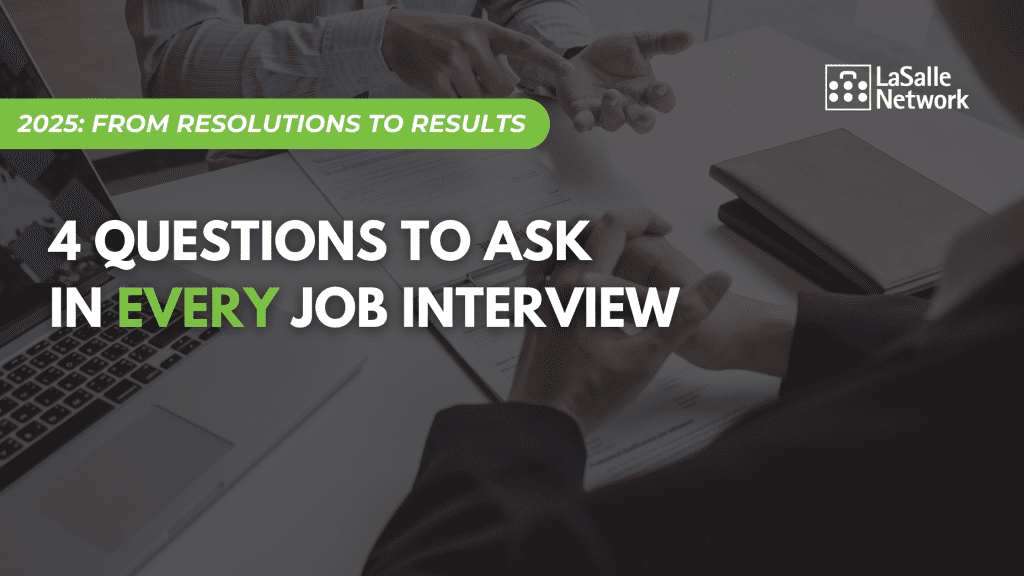While job searching, candidates often prepare answers to common interview questions, but some of the most important questions are those the candidate asks the interviewer.
Asking thoughtful questions not only showcases the candidate’s professionalism and interest in the role but also provides critical insights into company culture, team dynamics and role responsibilities.
Asking these six questions can help candidates uncover the real opportunity and make more informed decisions to ensure the opportunity is a strong match.
How have you invested in employee engagement in the last year?
While interviewers may not disclose specific turnover rates, they should be able to discuss initiatives to engage and support employees. Look for signs of genuine care, such as regular feedback, professional development programs, or wellness initiatives, as these efforts often contribute to retention and employee satisfaction.
Can you describe the team dynamic, and how you would like it to evolve in the next year?
Understanding the team dynamic is critical, as mismatched dynamics can significantly impact job satisfaction and performance. Some professionals prefer independent work, while others thrive in collaborative environments. This question helps candidates gauge how well their preferred work style aligns with the team’s.
Additionally, hearing how the interviewer envisions the team’s growth offers insight into leadership priorities and plans. Strong leaders will articulate how they aim to maximize their team’s strengths, foster connection, and ensure long-term success—key indicators of a healthy work environment.
How does your team support company goals?
Every team within an organization contributes to overarching company goals. Asking this question helps candidates understand the broader impact of their potential role and how teams collaborate to drive growth.
Requesting specific examples can provide further clarity. For instance, understanding how a team’s efforts align with the company’s mission can illustrate what it takes to succeed and grow within the organization. It also offers a glimpse into the team’s work ethic and culture.
What training and development opportunities are associated with this role?
Training programs can vary widely, from tuition reimbursement and internal workshops to mentorship and on-the-job learning.
Ask how often employees can propose external training ideas, such as online courses or certifications, and whether these are typically approved.
Additionally, request examples of recent training initiatives to better understand the company’s commitment to professional development. For example, a company’s willingness to invest in training—whether through tuition reimbursement, mentorship, or hands-on leadership—demonstrates its commitment to employee growth and retention.
The interview process is a two-way street, designed to create an engaging dialogue between candidate and interviewer. By preparing thoughtful, intentional questions like these, candidates can gain a deeper understanding of company culture and ensure the role is the right fit for their career goals.
Let us help you in your job search with guidance from our team of staffing and recruiting experts. View open roles here.





